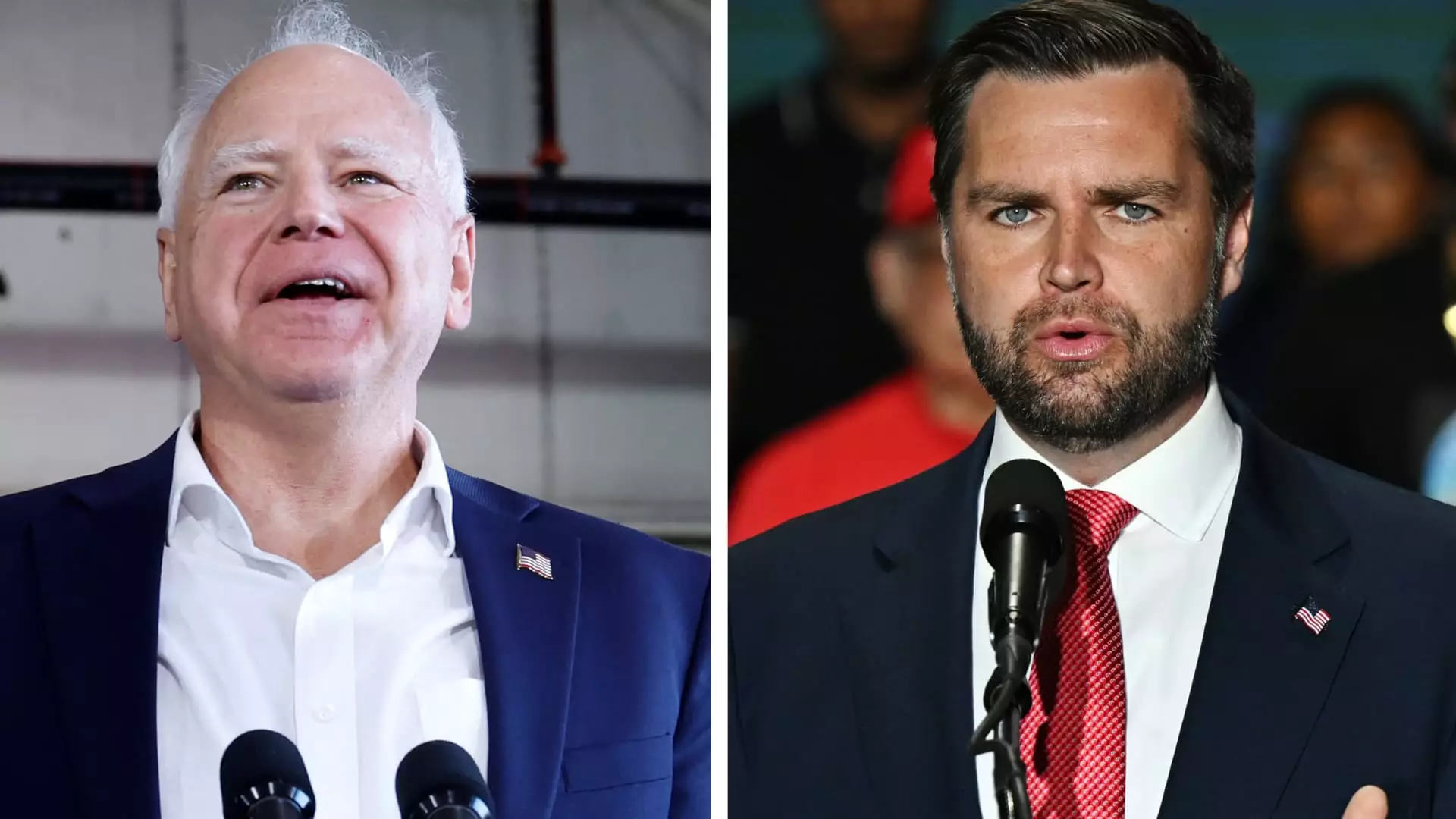Affordable housing has become a critical issue for many Americans, and it is gaining attention from political candidates as well. Governor Tim Walz and Senator JD Vance have both taken stances on this issue, with Walz signing housing legislation that included substantial funding for down payment assistance and housing infrastructure. On the other hand, Vance has highlighted affordable housing as a key factor in tackling poverty and has opposed institutional ownership of rental homes and foreign buyers in the real estate market. Both candidates are aiming to address the housing crisis in their own ways, but the effectiveness of their proposed solutions remains to be seen.
One of the key financial policies being debated is the expansion of the child tax credit. The temporary expansion of the child tax credit in 2021 led to a historic low in child poverty rates, prompting Minnesota to implement its own state-level child tax credit. This move was praised for its generosity towards low-income households, but questions remain about the feasibility of a permanent federal child tax credit expansion. With concerns over the federal budget deficit and a divided Congress, achieving a consensus on this issue may prove to be challenging.
Another hot topic in the realm of personal finance policies is student loan forgiveness. Senator Vance has taken a firm stance against forgiving student debt, arguing that it primarily benefits the wealthy and corrupt university administrators. Despite the staggering $1.6 trillion in outstanding education debt in the US, Vance believes that forgiving student loans is not the solution. However, he has shown support for targeted loan forgiveness in cases of permanent disability affecting the borrower or their child. On the other hand, Governor Walz, a former school teacher, has championed programs to alleviate student debt burdens, including a student loan forgiveness program for nurses and initiatives for low-income students to attend college tuition-free.
As the 2024 elections approach, voters are closely watching the financial policies proposed by the candidates. The contrasting views of Governor Tim Walz and Senator JD Vance on issues like affordable housing, child tax credit expansion, and student loan forgiveness highlight the diverse ideologies at play. It is crucial for voters to carefully evaluate these policies and consider how they might impact their own financial well-being. The outcome of the election will undoubtedly shape the future economic landscape of the country, and it is up to the voters to decide which path they believe is most beneficial for themselves and future generations.

